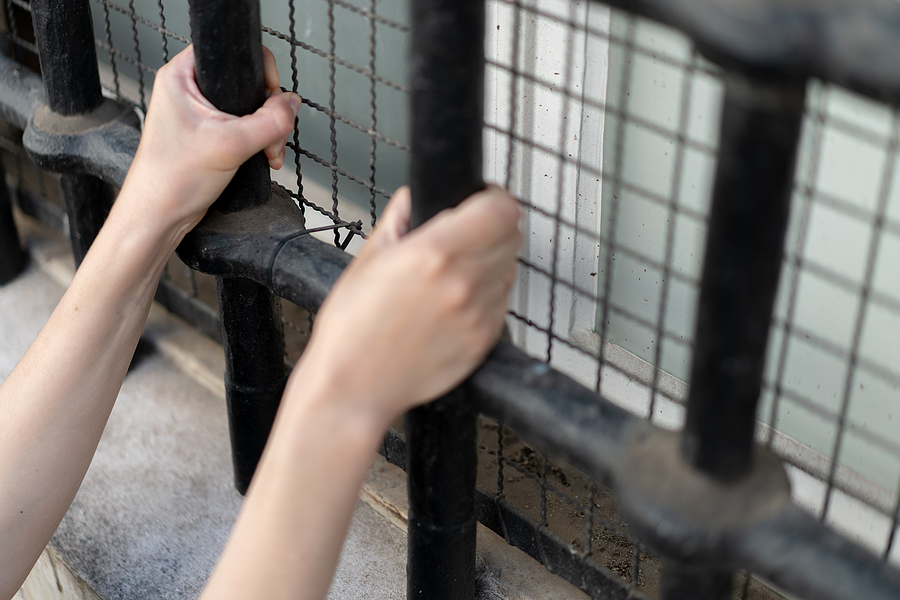Experiencing the arrest of a loved one can be a deeply unsettling and confusing time. You’re likely flooded with questions, chief among them: What should I do next? This blog aims to offer some clarity during this challenging period, highlighting key steps and considerations, particularly with respect to bail bonds and the role of a bail bondsman.
We’ll delve into the process, implications of jail time, and how to navigate the complexities of the legal system to support your loved one effectively. Navigating these waters can be daunting, but with the appropriate information, you can take decisive, informed action.

The Arrest Process
Before delving into your options, it’s helpful to understand the arrest process and what your loved one may be experiencing. After an arrest, they will typically be taken to a local jail or police station for processing. This may involve fingerprinting, mugshots, and other administrative tasks. Depending on the severity of the charges, they may then be held in custody or released on bail. Bail is a form of collateral, typically cash or property, that ensures the arrested individual will appear for their court date. If they fail to show up, they forfeit the bail amount. This is where the role of a bail bondsman comes into play.
Understanding Bail Bonds
If your loved one cannot afford to pay the full bail amount, they may seek assistance from a bail bondsman. A bail bondsman is an individual or agency that acts as a surety on behalf of the arrested individual, paying their bail in exchange for a fee. This fee is typically 10% to 15% of the total bail amount and is non-refundable. The bondsman will also require collateral, such as property or assets, to secure the bond. They will then work with the court system to ensure your loved one’s release and monitor their adherence to any conditions of their bail.
Implications of Jail Time
If your loved one is unable to post bail or if they are denied bail altogether, they may be held in custody until their court date. This can have significant implications on both their personal and professional life. They may be unable to work, resulting in loss of income, or they may miss important family events and milestones. Additionally, the effects of jail time can take a toll on mental and emotional well-being. It’s essential to provide support and reassurance during this challenging time.
Navigating the Legal System
As your loved one navigates the legal system, it’s crucial to stay informed and seek professional guidance. They will have a court date scheduled where they can present their case and potentially receive a reduced sentence or dismissal of charges. A lawyer can provide invaluable support during this process, advocating for your loved one’s rights and working towards the best possible outcome.
Conclusion
Being arrested is a distressing experience for both the individual and their loved ones. However, by understanding the arrest process, bail bonds, the implications of jail time, and how to navigate the legal system, you can provide effective support during this challenging time. Remember to stay informed, seek professional guidance, and offer emotional support to your loved one as they navigate through this process. With perseverance and determination, there is a light at the end of the tunnel. So, don’t lose hope and remember to take care of yourself as well.
Are you ready to get a friend, co-worker, or loved one out of jail in Indy? Contact Woods Bail Bonds at 317-876-9600 for speedy and secure bail bond services in Indianapolis, Indiana. We offer prearranged bail bond service for arrest warrants and probation violations, too.
Related Posts:
Reasons Why You Should Not Let Your Loved One Stay in Jail
How Much Does a Felony Bail Bond Cost in Indiana?
Explaining the Process of Posting a Bond for Someone Else



